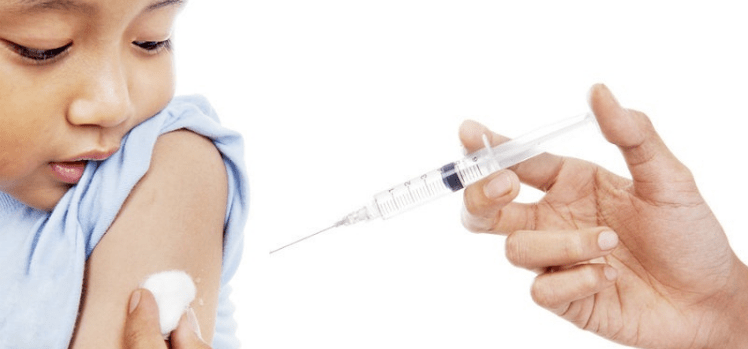Asthma is a chronic illness that affects many children. For several unknown reasons, the incidence of asthma in children is rapidly increasing. While asthma symptoms can begin at any age, most children experience symptoms at the age of five. According to Dr. Promilla Butani, a leading general pediatric doctor in Delhi, asthma, if not well controlled, can cause various issues and complications in children. It can make the child miss their school, or they may even end up in a hospital. Parents can help their children in this condition by seeking the help of a pediatrician and taking proper precautions to manage asthama.
This comprehensive guide will examine asthma in children in greater detail, focusing on its causes, symptoms, diagnosis, and treatment options.
What is Asthma?
Asthma is a chronic lung disease that affects the airways. Air enters and exits the lungs through tubes called airways. For children experiencing asthma, it becomes difficult for air to get into the lungs as the airways swell and become narrow. This makes it hard for them to breathe, which causes wheezing, chest tightness, and coughing. Certain triggers can worsen the symptoms of asthma and can even cause an asthma attack.
What are the Signs and Symptoms of Asthma in Children?
Not every child experiences the same asthma symptoms. Some of the common symptoms of asthma in children include:
- Children may experience frequent coughing while playing or laughing. This can also occur when the child wakes up in the morning or even at night.
- Rapid breathing or shortness of breath (dyspnea)
- Less energy while playing
- Chest tightness
- Irritability
- A whistling sound when the child breathes
- Trouble while eating
- Feeling extremely tired
When the child experiences an asthma attack, the symptoms can worsen. However, if the child experiences any of the following warning signs of an asthma attack, they should seek the help of a general pediatrician in Delhi right away:
- Excessive coughing
- Severe difficulty in breathing
- Face or lips turning pale or bluish
- Difficulty or inability to speak
What Causes Asthma in Children?
The exact reason for asthma in children is unknown. However, it usually develops during childhood when the child’s immune system develops. Several factors affect how the child’s lungs develop and how their body fights germs. These include:
- Genetics: This includes biological family history, i.e., if any parent has asthma.
- Allergens: Allergens such as dust or tobacco smoke affect a child’s lungs.
- Viral Infections: Respiratory infections such as the common cold can also cause breathing difficulties in children.
How is Asthma in Children Diagnosed?
It can sometimes be difficult to diagnose asthma in children, especially if they are too young. Asthma tends to have symptoms similar to those of other childhood conditions. Some children do not have asthma symptoms very often, so it might seem they are having respiratory infections instead. Following are some of the ways to diagnose asthma:
- Physical exam
- Medical history
- Chest X-ray
- Lung function tests like spirometry check how well the lungs work. However, this will not work for children who are too young.
- Allergy skin tests or blood tests if the child has a history of allergies.
How is Asthma Treated in Children?
If a child has asthma, the expert pediatrician will suggest ways to manage their symptoms. These include:
- Quick Relief: Children experiencing breathing difficulties or asthma attacks may require quick-relief medications. The parents should have the medicine, especially an inhaler, and must use it when symptoms appear.
- Preventative (Controllers): Many children with asthma also need to take a controller regularly to prevent attacks. If the child is using too many over-the-counter pain relievers or regularly needs oral corticosteroids, like prednisone, for asthma attacks, they could require a controller. However, the medication only needs to be taken if prescribed by the pediatrician.
- Nebulizers: Young children who experience difficulties using inhalers could use a nebulizer. A nebulizer converts asthma medication into moist air that is inhaled using a mouthpiece.
Parents Can Seek Help of a Leading Pediatrician To Manage Child’s Asthma
If a child is experiencing asthma, parents can seek the help of Dr. Promilla Butani, a leading pediatrician in Delhi, at Dr. Promilla Butani’s Pediatrics Practice.
The expert pediatrician has over five decades of experience and recommends several effective ways to manage the child’s asthma. In addition to asthma, she also manages other chronic conditions in children, such as allergies, obesity, etc.
She also provides vaccinations for children to prevent infectious diseases, counsels parents, and offers breastfeeding tips to mothers. To consult Dr. Promilla Butani, a renowned pediatrician, visit Dr. Promilla Butani’s Pediatrics Practice today
Read More:




